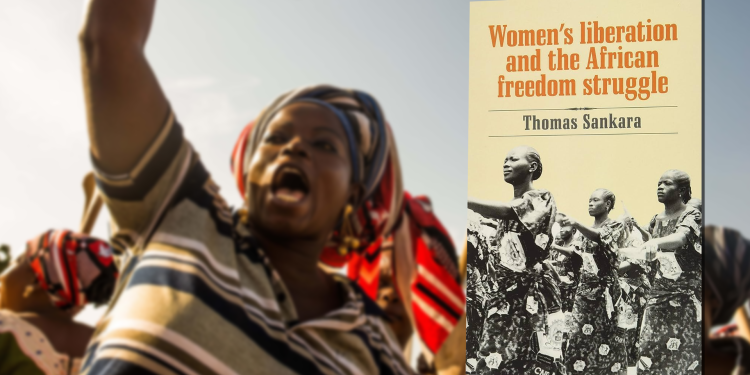NEWS CENTER – It is not an everyday occurrence for a man to speak to so very many women at once. Nor does it happen every day that a man suggests to so many women new battles to be joined. A man experiences his first bashfulness the minute he becomes conscious that he is looking at a woman. So, sisters, you will understand that despite the joy and the pleasure it gives me to be speaking to you, I still remain a man who sees in every one of you a mother, a sister, or a wife.
Though our men have already reached the edges of this great garden that is the revolution, our women are still confined within the shadows of anonymity. Among themselves, in voices loud or soft, they talk of the hopes that have embraced Burkina-hopes that are, for them, still merely fine words. The revolution’s promise is already a reality for men. But for women, it is still merely a rumor. And yet the authenticity and the future of our revolution
depend on women.
These are vital and essential questions, because nothing whole, nothing definitive or lasting could be accomplished in our country, as long as a crucial part of ourselves is kept in this condition of subjugation-a condition imposed in the course of centuries by various systems of exploitation. Starting now, the men and women of Burkina Faso should profoundly change their image of themselves. For they are part of a society that is not only establishing new social relations but is also provoking a cultural transformation, upsetting the relations of authority between men and women and forcing each to rethink the nature of both.
This task is formidable but necessary. For it will determine our ability to bring our revolution to its full stature, unleash its full potential, and show its true meaning for the direct, natural, and necessary relations between men and women, the most natural of all relations between people.
Posing the question of women in Burkinabe society today means posing the abolition of the system of slavery to which they have been subjected for millennia. The first step is to try to understand how this system works, to grasp its real nature in all its subtlety, in order then to work out a line of action that can lead to women’s total emancipation. In other words, in order to win this battle that men and women have in common, we must be familiar with all aspects of the woman question on a world scale and here in Burkina. We must understand how the struggle of the Burkinabe woman is part of a worldwide struggle of all women and, beyond that, part of the
struggle for the full rehabilitation of our continent. Thus, women’s emancipation is at the heart of the question of humanity itself, here and everywhere. The question is thus universal in character.
DOWNLOAD: Thomas Sankara: Womens Liberation and the African Freedom Struggle




